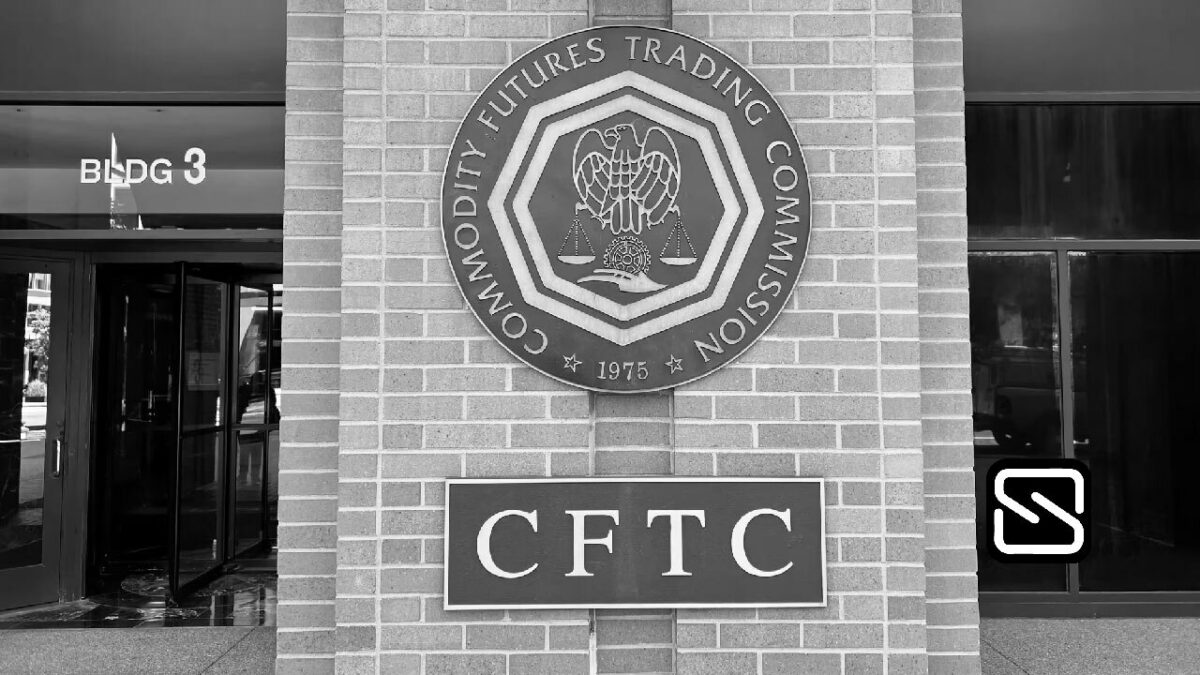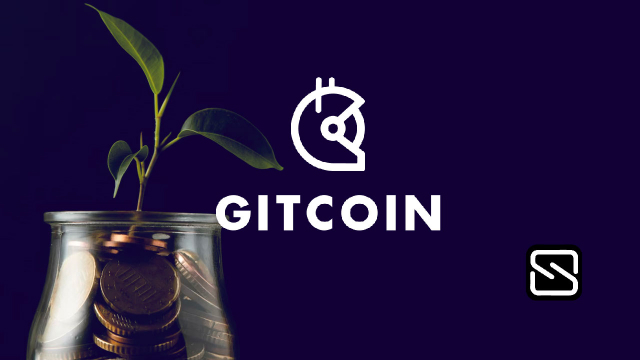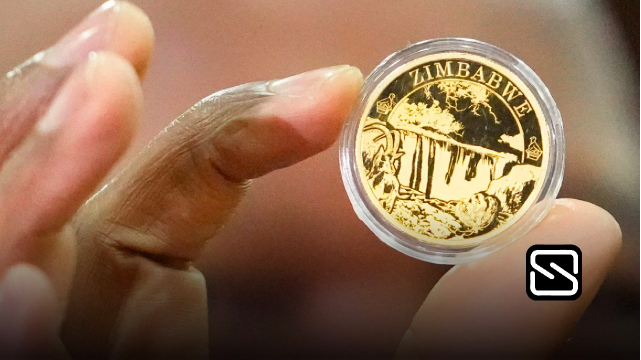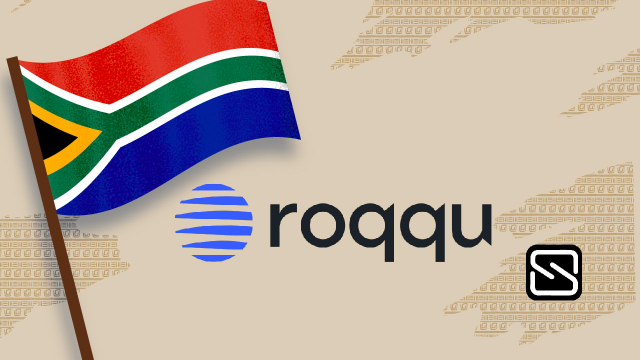According to Bank of Mauritius Governor Harvesh Kumar Seegolam, Mauritius intends to launch the pilot phase of a digital rupee in November, this year. Many of the parameters of the prospective central bank digital currency (CBDC) are already in place.
In his message he states, “We are contemplating the rolling out of our Digital Rupee on a pilot phase, post the sandboxing exercise and finalization of design attributes of our CBDC, in November this year.”
Speaking at the International Monetary Fund/World Bank Community of Central Bank Technologists meeting held on the main island, Seegolam said he prioritized CBDC development when he took office in 2020.
He emphasized, “As a central banker, I need not stress upon the determining role that CBDCs can play, not only in protecting monetary sovereignty but also in assisting central banks and regulatory authorities on the front of AML/CFT (Anti-Money Laundering/Combatting the Financing of Terrorism.)”
Consultations with International Monetary Fund (IMF) experts began the same year and resulted in the production of a feasibility report. According to Seegolam, Mauritius was the first country to benefit from IMF technical assistance with its CBDC project.
With an unidentified partner, the Bank of Mauritius established a sandbox in December to test out prospective features and design the Digital Rupee based on local specificities.
“The digital rupee should be a payment instrument to be made available to one and all, that will be intermediated to ensure that commercial banks continue to be fully involved in our CBDC journey. It will also make monetary policy easier to manage and support financial stability,” Seegolam said.
Furthermore, the digital rupee will be interest-free.
Seegolam also said that phase two of the project will be the development of its use in cross-border transactions.
Mauritius has been gradually adopting blockchain technology for several years. The country regulated digital asset custody licensing and security token offerings in 2019. It was at one time seen as an emerging hub for technology.









